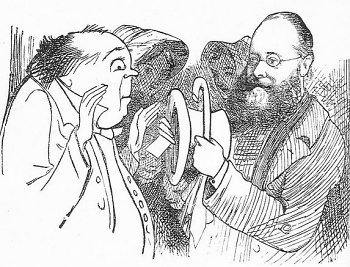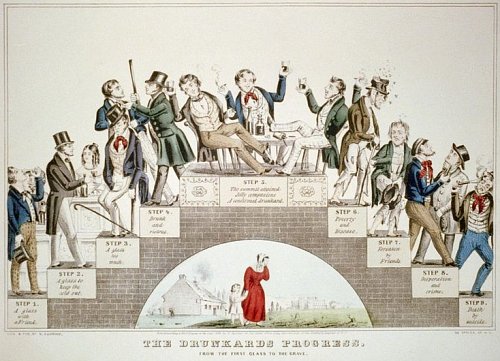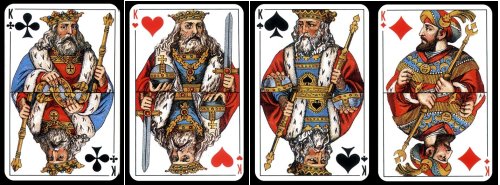From Royal V. Heath, Scripta Mathematica, June 1952:

In the square above, all rows, columns, and diagonals produce the same sum. And:
16 + 11 + 13 + 10 = 9 + 14 + 12 + 15
16 + 17 + 14 + 3 = 11 + 22 + 9 + 8
2 + 15 + 20 + 13 = 5 + 12 + 23 + 10
16 + 5 + 17 + 12 = 20 + 9 + 13 + 8
2 + 11 + 15 + 22 = 14 + 23 + 3 + 10
10 + 16 + 17 + 23 = 11 + 13 + 20 + 22
2 + 8 + 9 + 15 + 11 + 13 + 20 + 22 = 3 + 5 + 12 + 14 + 10 + 16 + 17 + 23
Most remarkably, everything above holds true if you square each term.







